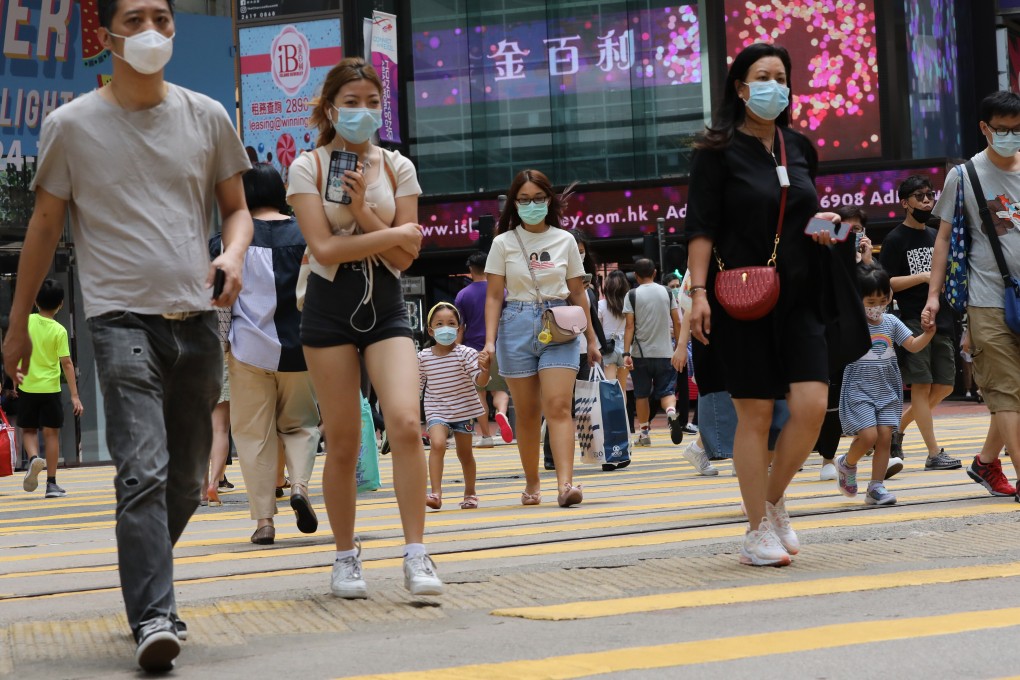Coronavirus: Hong Kong cap on public gatherings extended, though word on Macau-mainland travel bubble expected soon
- Number of people allowed to gather publicly remains at 50, though bars, theatres and other venues can operate at 80 per cent capacity from Friday
- Chief Executive Carrie Lam, meanwhile, says official announcement on first long-awaited travel corridor could come as early as this week

Social-distancing rules limiting public gatherings in Hong Kong to no more than 50 people will remain unchanged for at least the next two weeks, though measures at a variety of venues are set to be relaxed from Friday.
Seating capacity originally capped at 50 per cent at spots ranging from bars to concert halls to places of worship will be increased to 80 per cent, the government said on Tuesday.
“It has been more than two weeks since we last had locally confirmed cases,” Lam said before her weekly cabinet meeting.
“We can relax some of the measures under the ‘suppress and lift’ strategy, but foreign experiences show resuming all activities might cause a resurgence. We have to strike a balance.”
The city’s social-distancing measures were drastically reduced on June 16, when the cap on the number of people allowed to meet in public jumped from eight to 50.